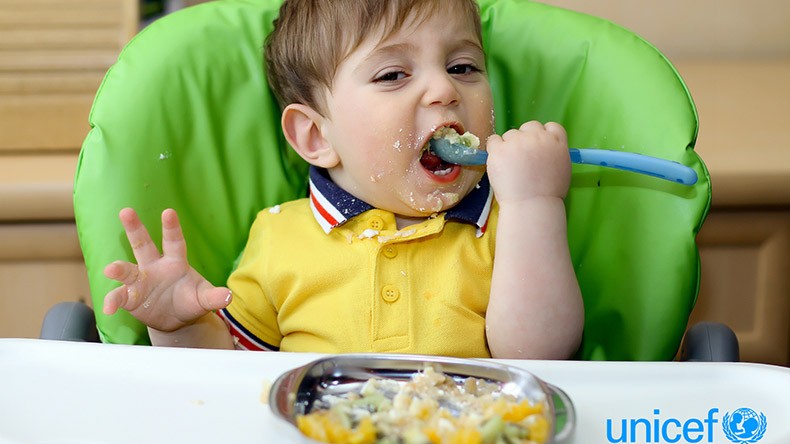
Report: Significant number of households in Armenia to have nutrition problems
According to the new report of the Government of Armenia and UN agencies, 15% of households in Armenia have been food insecure since 2010, and a significant part is at risk. As the UN office in Armenia reports, many households have serious nutrition problems.
The Armenia Comprehensive Food Security, Vulnerability and Nutrition Analysis (CFSVNA) presents the current food security and nutrition situation combined with trend analysis since 2008. It explores the distribution of food insecurity and malnutrition and points out that the double burden of malnutrition hinders Armenia’s ability to achieve its full human and socio-economic potential.
The report informs that in 2014 among children under 5 years old, 19% were stunted and 15% were overweight. While both stunting and overweight were falling among children in rural areas, both were rising in urban areas. In urban areas outside Yerevan 22% of children were stunted, and 17% were overweight. Child stunting is significantly linked with poor consumption.
The findings of the report by the National Statistical Service of the Republic of Armenia (NSS RA), the UN World Food Programme (WFP) and the United Nations Children’s Fund (UNICEF), are mainly based on the Integrated Living Conditions Surveys (ILCS) for the period 2008 – 2014.
“The National Statistics Service provided the specialists with anonymized data base, which was used to complete the analysis and develop recommendations that can serve as a ground for decision-making. These recommendations will let us create better conditions for our next generation. I would also like to thank the WFP and UNICEF for their priceless mission in our country,” said President of NSS Stepan Mnatsakanyan. “Famine has a price,” said WFP representative in Armenia Pascale Michaud.
“Previous international studies have shown that children malnutrition as a result of health care costs and low productivity growth has a negative impact on the Gross Domestic Product (GDP). It also adds to educational costs. Food insecure households have less educated family members, and pay small amount of their income to education,” Michaud added.
The report suggests reducing the risk of stunting through early identification, and tackle overweight through increased awareness. To strengthen food security, the repost suggests investing in youth employment, education and agricultural productivity.
Moreover, in order to reduce the impact of natural disasters and economic stress on household food security, the report suggests improving security nets.
WFP currently contributes to food security and child education through provision of nutrition food in elementary schools in Armenia. Since 1993, the agency supports the Government in developing a national stable school food project.
“Malnutrition can have irreversible consequences for children. It can affect their mental and physical development, academic achievements, as well as their health and productivity later in life,” said UNICEF representative in Armenia Tanya Rodachay.
She then added that without accessibility to nutritious food and without awareness about its importance, we can not expect healthy, strong and productive population in the future.
Newsfeed
Videos






























